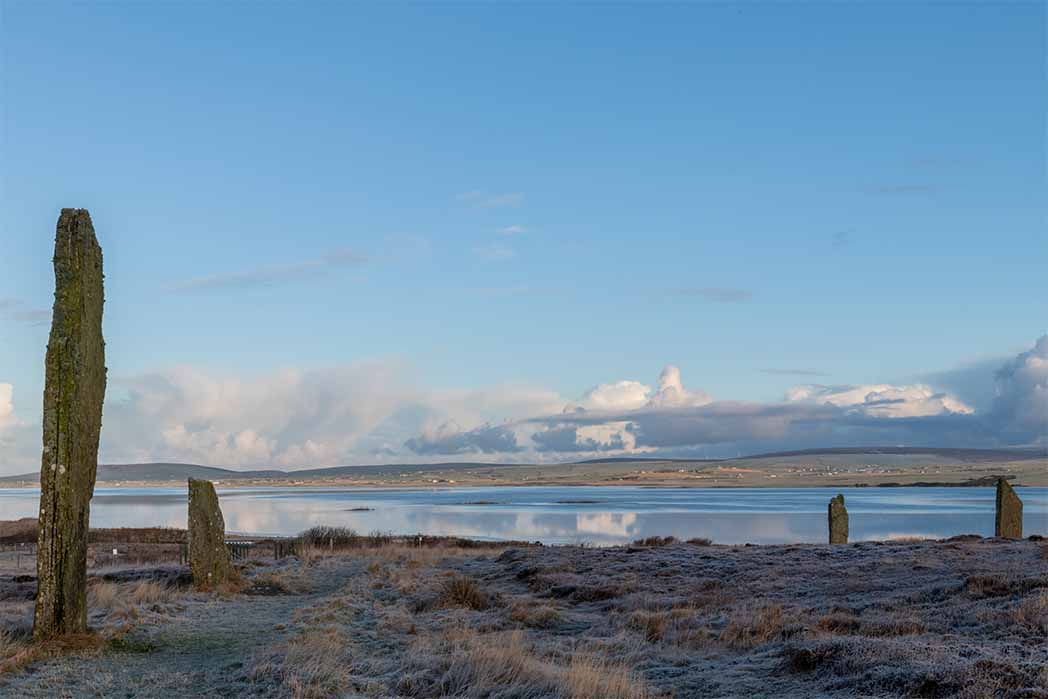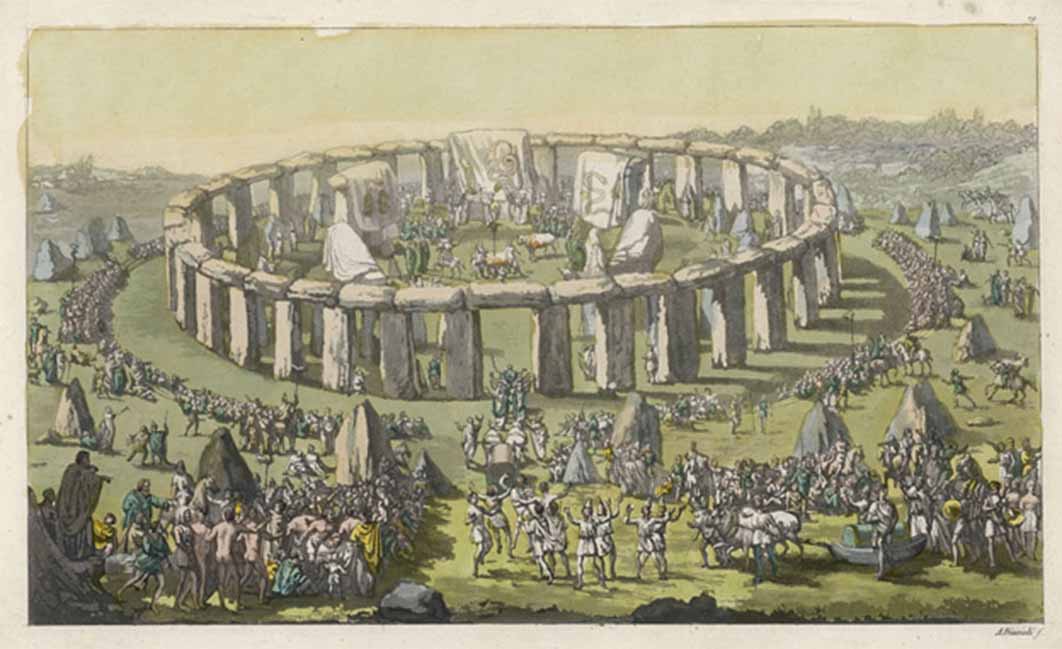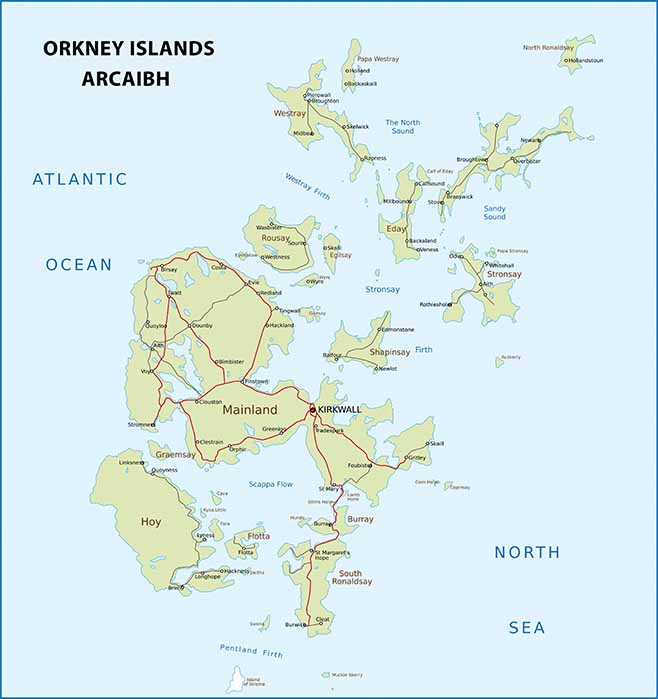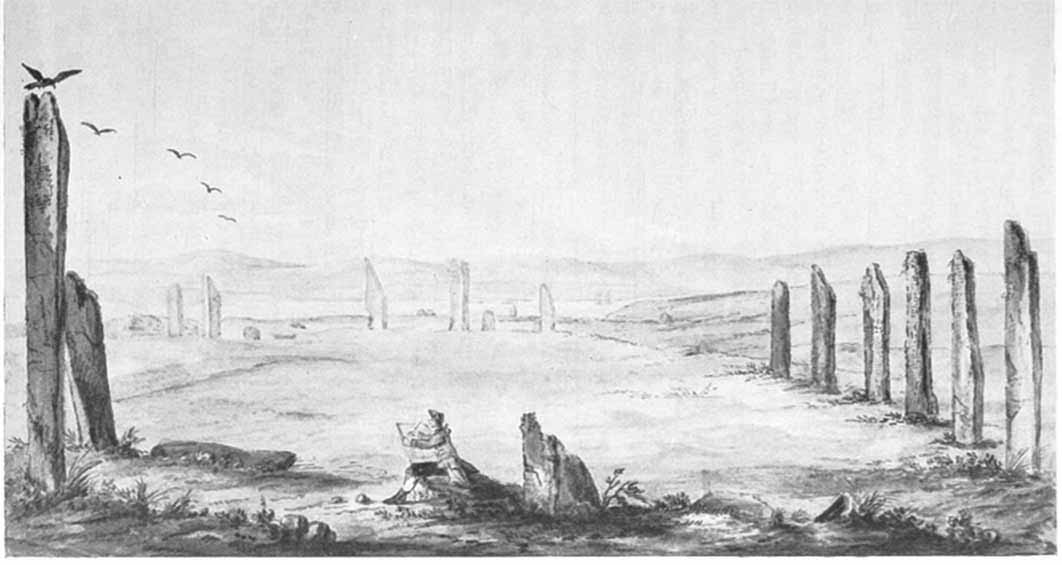
Revisiting The 6,000-Year-Old Submerged North Doggerland Culture Of Tu-lay
A recent find off the northernmost coast of the British Isles, provides evidence that the extreme flooding that occurred in ancient times on a worldwide scale, also affected this region. Extraordinary archaeological discoveries have revealed how the consequences of prehistoric climate change all but wiped out a sophisticated culture years in advance of its time. An ancient stone circle, earthworks, an artificial mound, and fallen monoliths, all located on the seabed of the North Sea, offer dramatic evidence for the dreadful carnage that occurred the last time the Earth heated up.

Stonehenge Wiltshire. ( Archivist /Adobe Stock)
Around 3000 BC, the inhabitants of Great Britain and Ireland transformed rapidly into the so-called Megalithic culture, who became the builders of Stonehenge and hundreds of other stone circles unique to the British Isles. (The word ‘Britain’ refers to both the individual countries of England and Wales; ‘Great Britain’ is England, Wales, and Scotland; the ‘United Kingdom’ is Great Britain and Northern Ireland; and the ‘British Isles’ is Great Britain and all Ireland.) Across these islands monumental complexes were erected, consisting of huge stone circles surrounded by ringed ditches and embankments - called ‘henges’, from which Stonehenge gets its name - accompanied by massive artificial mounds, stone avenues, and freestanding monoliths. Such complexes were scattered throughout the countryside with smaller stone circles in between, often linked by alignments of solitary monoliths covering many miles. Yet from this era there are no written records, as writing did not come to the British Isles until the Roman invasion in the first century AD. As with so much concerning the Megalithic culture, its origins are shrouded in mystery.
The word ‘megalith’, referring to the standing stones erected during the period, comes from the ancient Greek megas /large and lithos /stone. The term ‘Megalithic’, with a capital M, refers to the culture of the British Isles that created them, and ‘megalithic’, not capitalized, applies to the monuments built by that culture, regardless of whether they are made of stone.

Map of Orkney Isles (lesniewski/ Adobe Stock)
It was once thought that the Megalithic culture began in the south of England, where Stonehenge is situated, before moving north, perhaps originating with migrants from northern France where there are many ancient standing stones. However, there is no evidence of stone circles and their accompanying monuments specifically like those in the British Isles in France or anywhere else in continental Europe. Since the advent of scientific dating techniques, it is now known that the oldest stone circles are those in the northern British Isles, implying that the practice began there and then moved south. The revised conjecture was that it began around five millennia ago on the Orkney Islands off the north coast of Scotland where the oldest datable stone circle was found.
- Wrath of the Gods: Historic Eco-Armageddons
- St Michael’s Ley-line Leading to Legendary Doggerland
- The Ancient Trackways of Britain’s Ley-Lines Steered Bronze Age Tin Miners
Despite this, it seems highly unlikely that the Megalithic culture originated even there. Surprisingly advanced for the time, the Megalithic culture appeared on the Orkney Islands abruptly—virtually overnight in archaeological terms—with a complex societal structure, mastery of building techniques, sophisticated ceramics, and an astonishing knowledge of medicine already established, implying that it must surely have started and developed elsewhere. However, modern experts have long been baffled as to where this might have been. Nowhere in mainland Europe or Scandinavia was there anything remotely similar. So where did the Megalithic culture originate?





